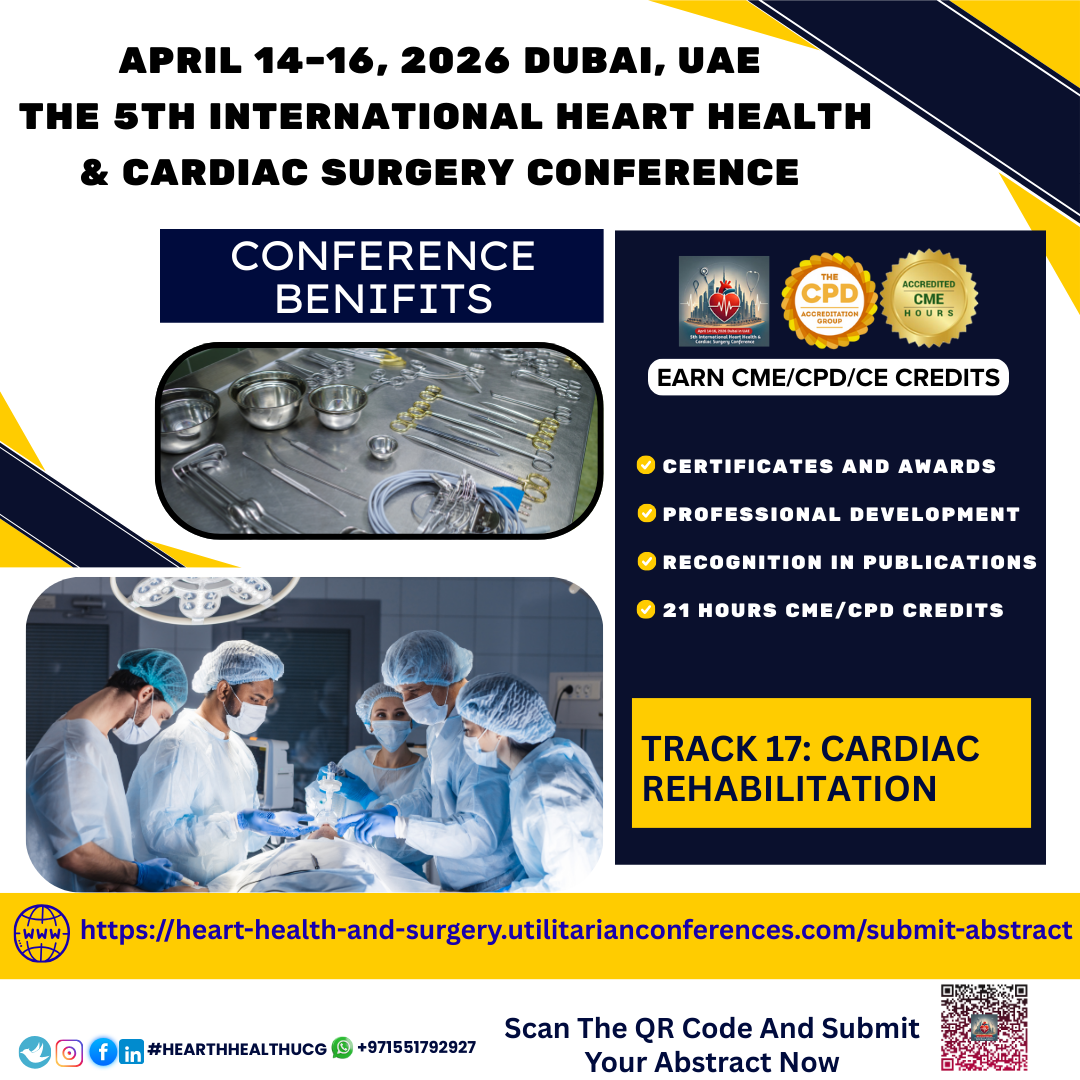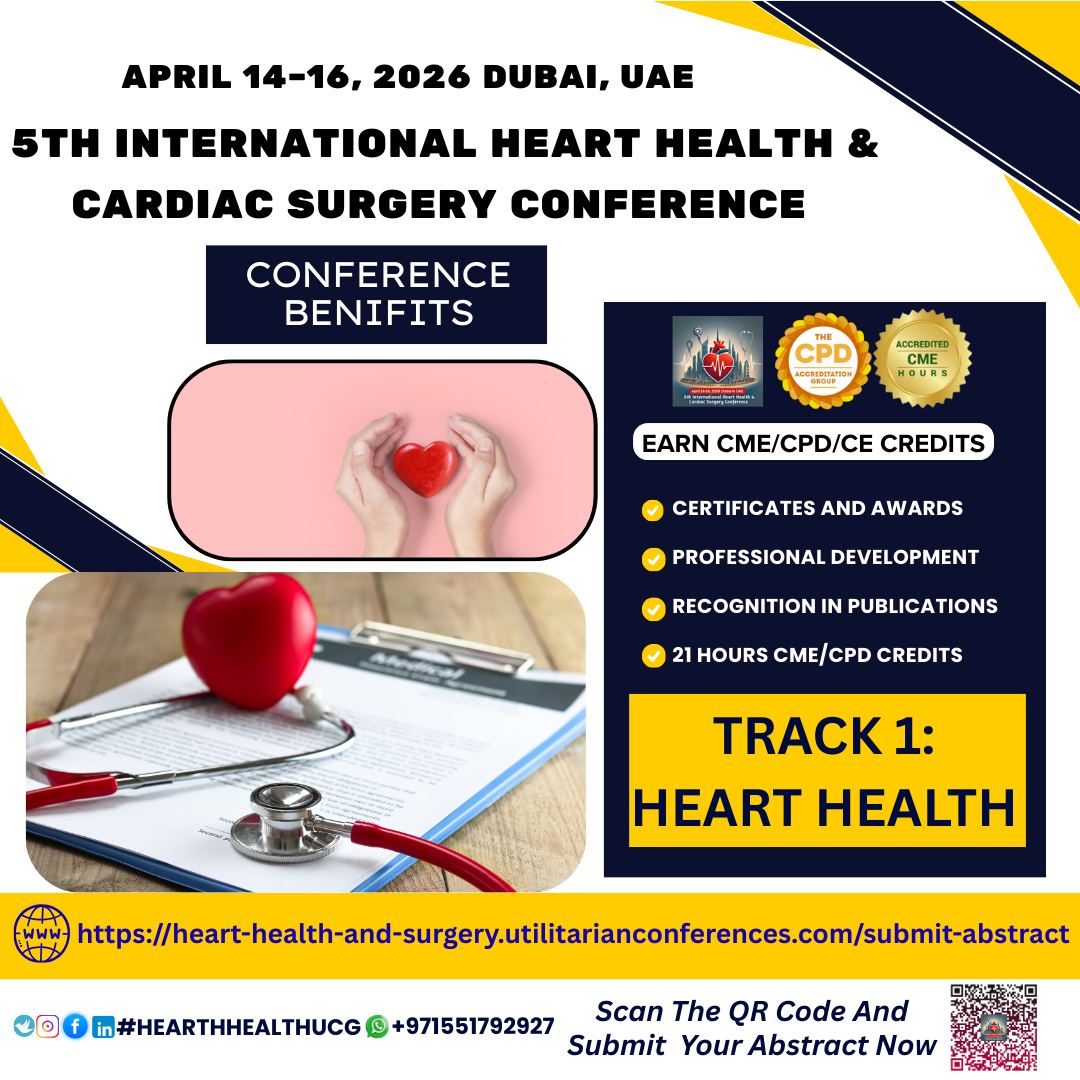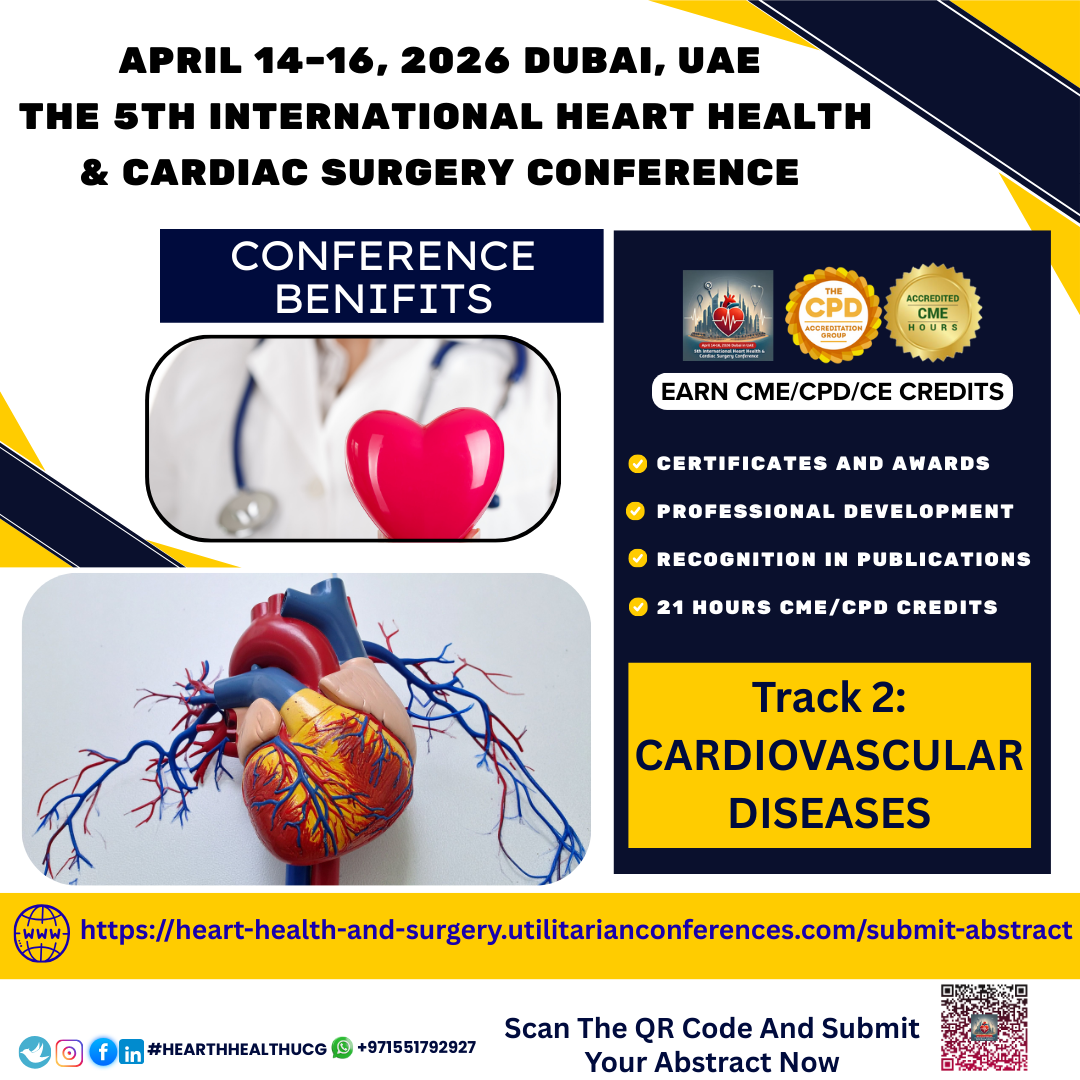



Heart Health is a broad and essential topic that refers to maintaining the...

Cardiovascular diseases (CVDs) are the leading cause of death globally,
claiming an estimated 17.9...

Heart disease doesn’t have to be the end of your story—it can be the beginning of a healthier, more empowered chapter. That’s where Cardiac Rehabilitation (Cardiac Rehab) comes in. Whether you've experienced a heart attack, undergone bypass surgery, or live with chronic heart disease, cardiac rehab helps you regain control, improve your quality of life, and prevent future cardiac events.
What Is Cardiac Rehabilitation?
Cardiac rehabilitation is a medically supervised program designed to improve cardiovascular health for individuals recovering from heart conditions or surgeries. It is typically divided into three phases:
1.Inpatient (Phase I): Begins in the hospital right after a cardiac event or surgery.
2. Outpatient (Phase II): A structured program at a rehab center lasting several weeks.
3.Maintenance (Phase III): A long-term commitment to healthy habits and regular check-ins
Who Needs Cardiac Rehab?Cardiac rehab is commonly recommended for people who have experienced: Heart attack (myocardial infarction) Coronary artery bypass surgery
Angioplasty or stent placement
Heart valve repair or replacement
Heart failure
Stable angina
Heart transplant
Your doctor may refer you based on your medical history and current condition.
The Four Key Components of Cardiac Rehab1. Medical Evaluation and Risk Stratification Your journey starts with a thorough assessment by a medical team. This includes blood pressure, heart rate, cholesterol levels, and fitness level.
2. Supervised Exercise Training
Tailored workouts to improve cardiovascular endurance. Includes walking, cycling, treadmill exercises, and strength training. Monitored to ensure safety, especially for those with heart rhythm concerns.
3. Heart-Healthy Education Learn how to make better food choices. Manage weight, blood sugar, and cholesterol. Understand medications and when to seek help.
4. Psychosocial Support and Counseling Emotional well-being is just as important. Address stress, anxiety, depression, or fear that may arise after a cardiac event. Supportgroups and counseling services are often available.
Benefits of Cardiac RehabStudies show that cardiac rehabilitation: Reduces the risk of future heart attacks Improves exercise tolerance and stamina Helps control heart disease risk factors (like hypertension, diabetes, obesity)
Reduces symptoms like chest pain and shortness of breath
Enhances mental health and overall quality of life Lowers the likelihood of hospital readmission
How to Get StartedAsk your cardiologist for a referral.
Choose a certified program—typically run by hospitals or rehabilitation centers
Stay consistent—attend all sessions and engage in home-based recommendations.
Note: Some insurance plans (including Medicare) cover cardiac rehab. It’s worth verifying with your provider.